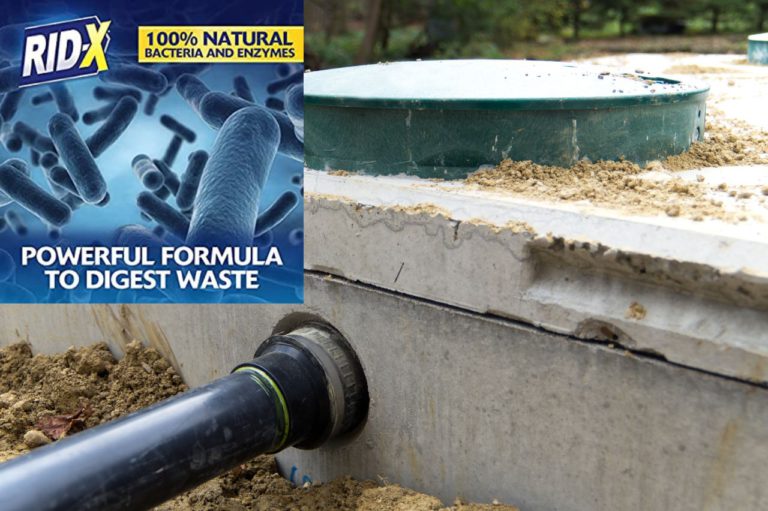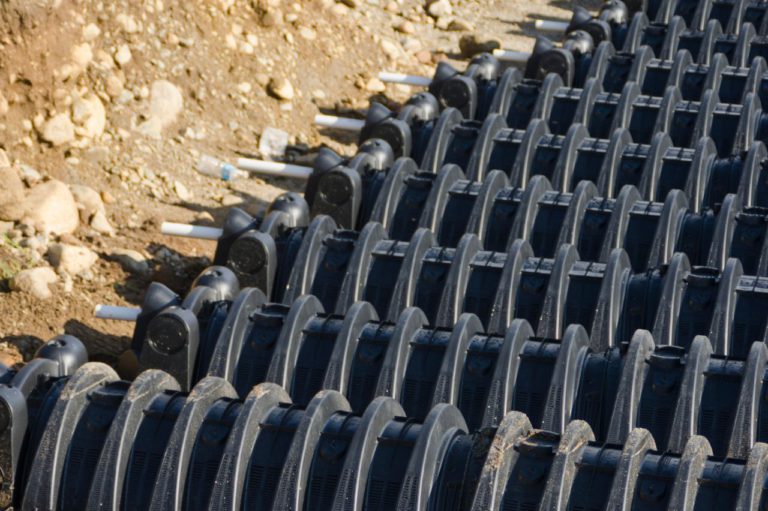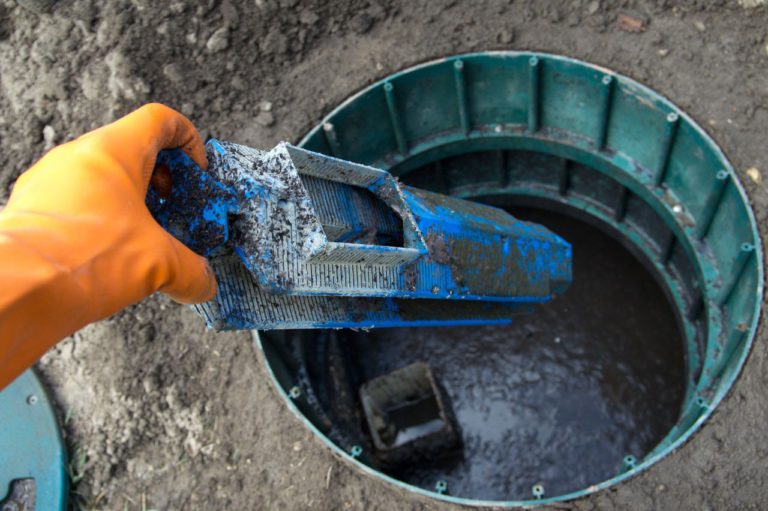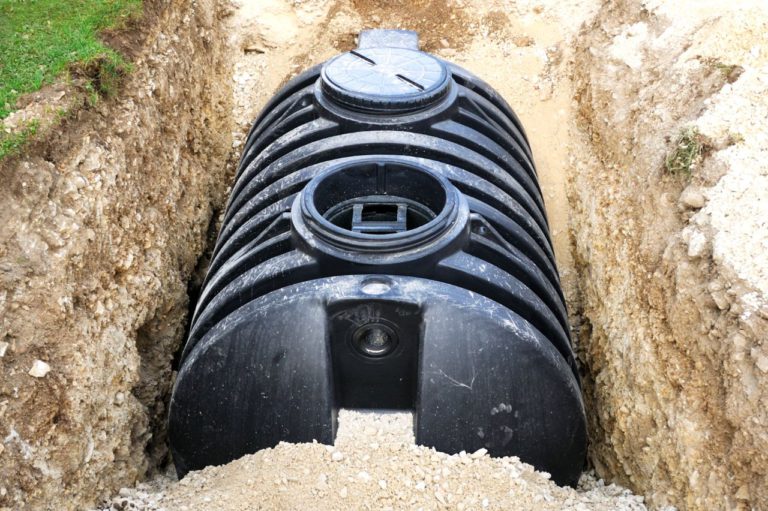What may cause my septic system to fail?
Troubleshooting your septic system? Unveil the top culprits behind its failure in this essential guide. Your septic system plays a crucial role in wastewater treatment, but various factors can lead to costly repairs and health risks. This article identifies the leading causes of septic system failure, from excessive water usage to tree root infiltration. By understanding these enemies and taking preventive action, you can ensure the longevity and efficiency of your septic system, saving time, money, and headaches. Let’s explore how to shield your system from their destructive effects.
Common Enemies of a Septic System
To maintain a healthy septic system, it’s essential to understand the enemies that can compromise its functionality. Let’s explore the leading causes of septic system failure and how they can impact your system.
Excessive Water Usage and Its Impact on Septic Systems
One of the most common enemies of a septic system is excessive water usage. When you use more water than your system can handle, it puts excessive strain on the system, leading to failure. Every drop of water that goes down the drain ends up in the septic tank, and if the tank becomes overloaded, it can’t properly treat the wastewater.
To prevent excessive water usage, consider adopting water-conserving practices. Fix any leaky faucets or toilets promptly, install low-flow fixtures, and avoid long showers or running the washing machine for small loads. By reducing water usage, you can extend the lifespan of your septic system and minimize the risk of failure.
The Role of Household Chemicals in Septic System Failure
Household chemicals can also pose a significant threat to the health of your septic system. Many common cleaning products, such as bleach, disinfectants, and drain cleaners, contain harsh chemicals that can kill the beneficial bacteria in the septic tank. These bacteria are responsible for breaking down the solid waste and ensuring proper decomposition.
To protect your septic system, opt for environmentally friendly and septic-safe cleaning products. Look for labels that indicate they are safe for septic systems or consider using natural alternatives like vinegar and baking soda. By avoiding harmful chemicals, you can preserve the delicate balance of bacteria in your septic tank and maintain its functionality.
Improper Waste Disposal Practices and Their Consequences
Improper waste disposal practices can have a detrimental effect on your septic system. Flushing non-biodegradable items like cigarette butts, diapers, feminine hygiene products, and paper towels down the toilet can clog the system and lead to backups. These items don’t break down easily and can cause blockages in the pipes and the septic tank.
To protect your septic system, educate your household members about what can and cannot be flushed down the toilet. Provide clearly labeled trash bins in the bathrooms to encourage proper disposal of non-biodegradable items. By practicing responsible waste disposal, you can prevent costly repairs and maintain the functionality of your septic system.
The Dangers of Tree Root Intrusion on Septic Systems
In addition to human-related causes, nature can also pose a threat to your septic system. Tree roots, in particular, can infiltrate the pipes and the septic tank, causing extensive damage. As trees grow, their roots can extend far and wide in search of water and nutrients. If there are trees planted in close proximity to your septic system, their roots can penetrate the pipes and create blockages or even cause them to crack.
To prevent tree root intrusion, it’s essential to be mindful of your landscaping choices. Avoid planting trees with aggressive root systems near your septic system. If you already have trees in your yard, consider having a professional inspect the area regularly to identify any potential root intrusion. By addressing tree root issues promptly, you can protect your septic system from costly damage.
The Impact of Poor Maintenance on Septic System Health
Neglecting regular maintenance is a common mistake that can lead to septic system failure. Proper maintenance is key to keeping your septic system in good working order. Without regular inspections, pumping, and maintenance, your system can become clogged, overloaded, or even fail completely.
To ensure the health of your septic system, it’s recommended to have it inspected by a professional at least once every three years. The frequency of pumping depends on the size of your tank and the number of household members. A professional can assess the condition of your system, check for any issues, and recommend pumping if necessary. By investing in regular maintenance, you can prevent costly repairs and extend the lifespan of your septic system.
Signs of a Failing Septic System and When to Seek Professional Help
It’s important to be aware of the signs that indicate your septic system may be failing. Ignoring these signs can result in further damage and more expensive repairs. Some common indicators of a failing septic system include foul odors in and around your home, slow drains or toilets, gurgling sounds in the plumbing, standing water or wet spots in the drainfield area, and sewage backups.
If you notice any of these signs, it’s crucial to seek professional help immediately. A licensed septic system professional can assess the situation, diagnose the problem, and recommend the necessary repairs or maintenance. Ignoring the warning signs can lead to more extensive damage and costly repairs, so it’s always better to address the issue early on.
Prevention and Maintenance Tips for a Healthy Septic System
To maintain a healthy septic system and prevent failure, here are some essential tips to keep in mind:
1. Conserve water: Use water-saving fixtures and practice water-conserving habits to reduce strain on your septic system.
2. Use septic-safe products: Choose cleaning products that are safe for septic systems to preserve the beneficial bacteria.
3. Dispose of waste responsibly: Educate your household members about proper waste disposal practices to avoid clogs and backups.
4. Be mindful of landscaping: Avoid planting trees with aggressive root systems near your septic system to prevent root intrusion.
5. Schedule regular maintenance: Have your septic system inspected and pumped regularly by a professional to ensure its health and functionality.
By implementing these preventive measures and practicing responsible septic system maintenance, you can protect your investment and avoid the hassle and expense of septic system failure.
Closing Thoughts
Your septic system is a vital component of your home’s infrastructure. By understanding the common enemies that can compromise its functionality, you can take proactive steps to protect and maintain it. Excessive water usage, household chemicals, improper waste disposal, tree root intrusion, and poor maintenance are all factors that can lead to septic system failure. By adopting water-conserving practices, using septic-safe products, practicing responsible waste disposal, being mindful of landscaping choices, and investing in regular maintenance, you can ensure the longevity and effectiveness of your septic system. Don’t let these enemies go unnoticed; take action today to keep your septic system healthy and functional for years to come.






